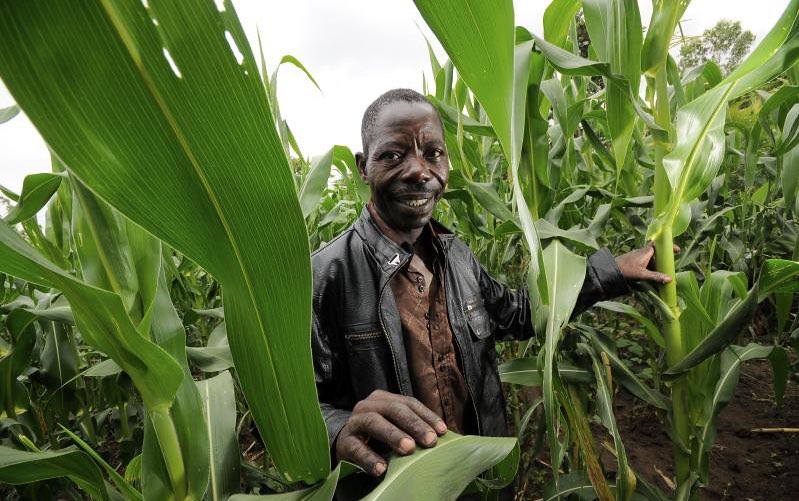As populations grow and the climate crisis intensifies, sustainable agricultural practices are essential to mitigate negative environmental impacts and increase the efficiency of food systems. But persuading farmers to adopt such practices is often a challenge. How can policy makers promote a shift towards sustainable agriculture in ways that promote meaningful change?
Our recent policy brief argues that the answer to this question lies in the incentives-adoption-outcome chain: How well different incentives promote adoption, whether adoption leads to meaningful and measurable changes in outcomes, and what factors shape these links.
Reviewing studies from a range of countries, we examined three types of incentives: Market and non-market, regulatory measures, and cross-compliance measures that link direct payments to farmers’ following basic environmental standards or maintaining land in good agricultural and environmental condition.
Evidence shows that incentives that promote economic benefits are more likely to lead to the adoption of better practices in the short term, especially if they are voluntary. In the long term, however, positive outcomes for the farm or the environment are prime motivators.
While the scoping review revealed important knowledge gaps that should be addressed in the near future, we are able to make some simple but important recommendations for policy makers to follow when designing and implementing incentives for sustainable agriculture:
- Balance incentives and outcomes: When determining how large an incentive should be to effectively motivate a shift to sustainable practices, consider short-term and long-term outcomes, as well as possible risks.
- Know your farmers: Policy makers must be familiar with the farmers they are trying to influence. A range of factors such as education, risk-aversion, and experience impact the willingness of farmers to be agents of change.
- Keep it simple: Complex and inflexible instruments such as regulations are less motivating to farmers and more expensive than simpler, voluntary approaches.
- Provide complementary support: A combination of policy instruments is more effective than a single policy approach. For example, providing technical assistance to farmers can make adopting new farming practices more accessible and sustainable.
- Be aware that behavioral preferences matter: Incentives should be designed and implemented in a way that responds to the characteristics of the target population. The bandwagon effect can also help the adoption of sustainable practices become more widespread.
- Prepare for a long time horizon: Keep in mind that it may be a long time before there are measurable economic and environmental effects. This means that financial support is often helpful to sustain farmers in the short run.
- Create an enabling environment: Farmers’ capacity to pursue sustainable agricultural practices is dependent on infrastructure, structural poverty, markets, prices and more. This means that policy makers and agricultural institutions must focus on adjusting and implementing policies to reduce the barriers in these areas that impede farmers’ ability to successfully transition to sustainable practices.
Further research and extensive data collection are needed on the incentives-adoption-outcomes chain to better understand the costs of adopting sustainable agricultural practices. But if widely adopted, these guidelines can have significant environmental and economic impacts and help to create a more productive and sustainable food and agriculture system.
Valeria Piñeiro is a Senior Research Coordinator with IFPRI’s Markets, Trade and Institutions Division; Joaquín Arias is an International Technical Specialist in the Center for Strategic Analysis for Agriculture (CAESPA) of the Inter-American Institute for Cooperation on Agriculture, San Jose, Costa Rica; Honor Dearlove is an IFPRI Communications Intern.
This brief was undertaken as part of the IFPRI-led CGIAR Research Program on Policies, Institutions, and Markets (PIM). These findings benefited from the Ceres2030 program, developed in cooperation with Cornell University, IFPRI, and the International Institute for Sustainable Development. The authors thank the Ceres2030 program and its funders, BMZ (Germany’s Federal Ministry of Economic Cooperation and Development), and the Bill & Melinda Gates Foundation.
This post also appears on the PIM blog.







